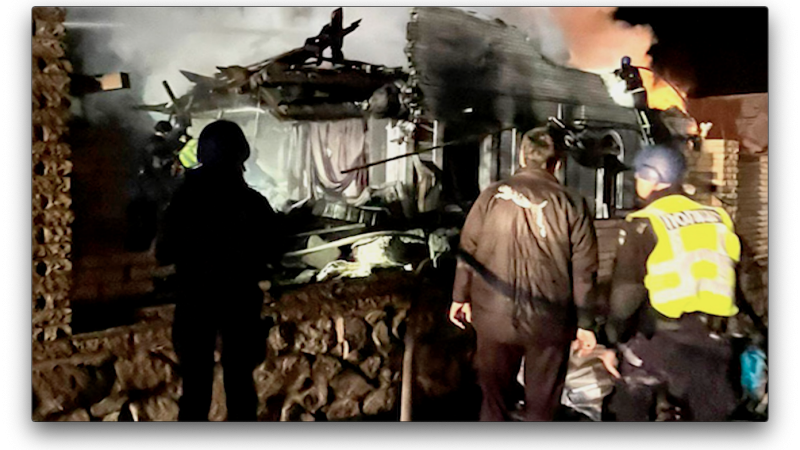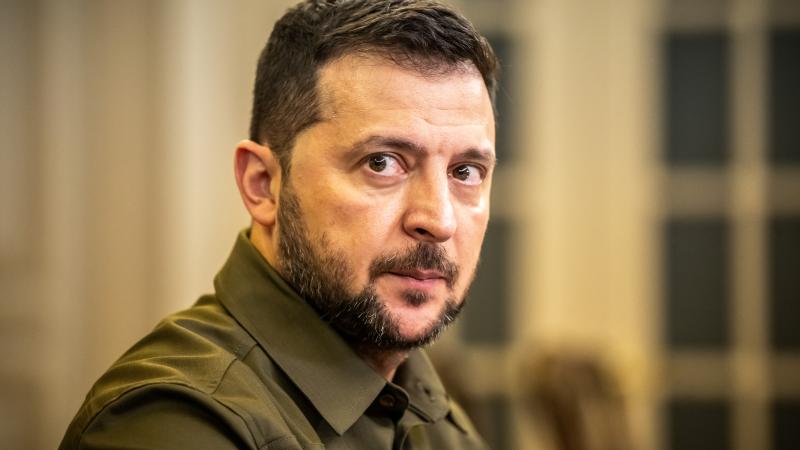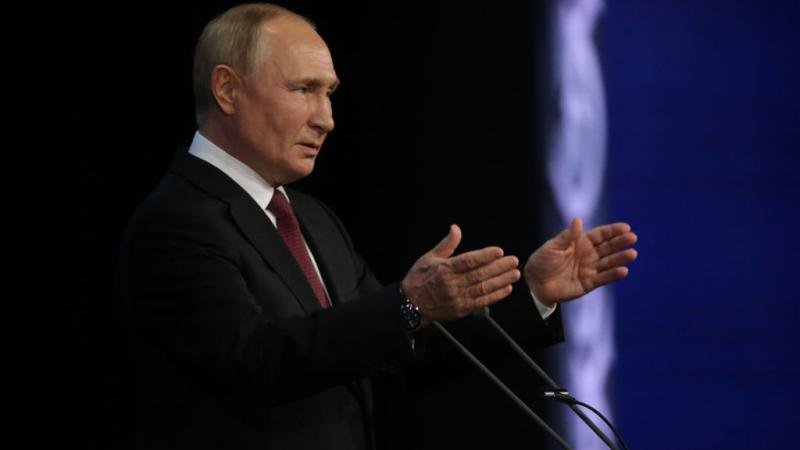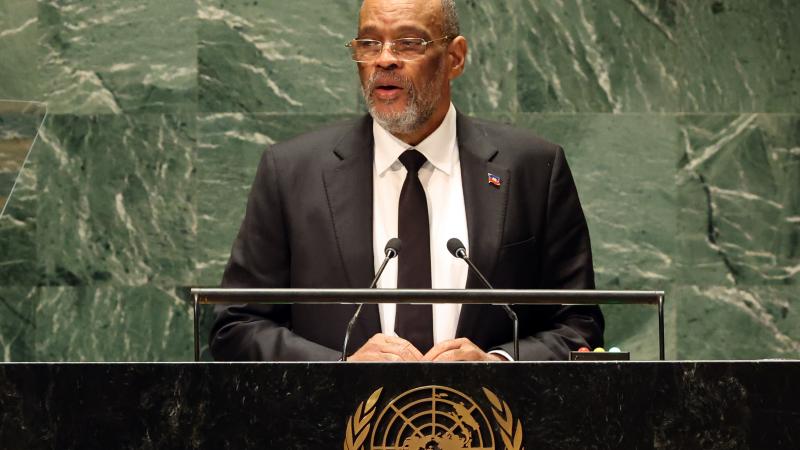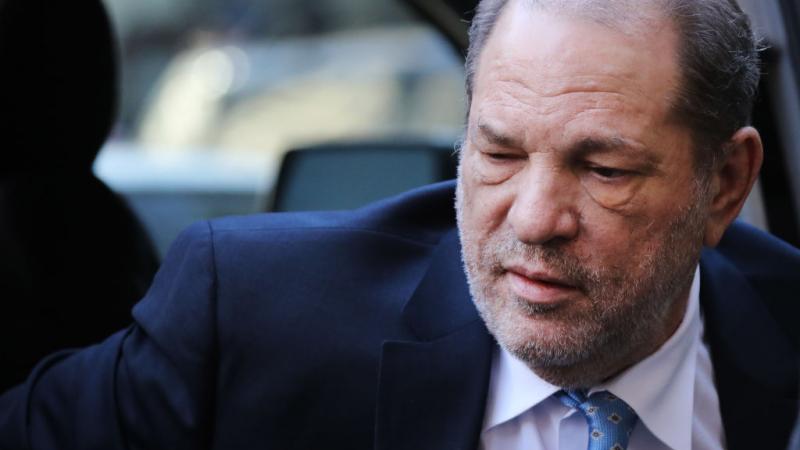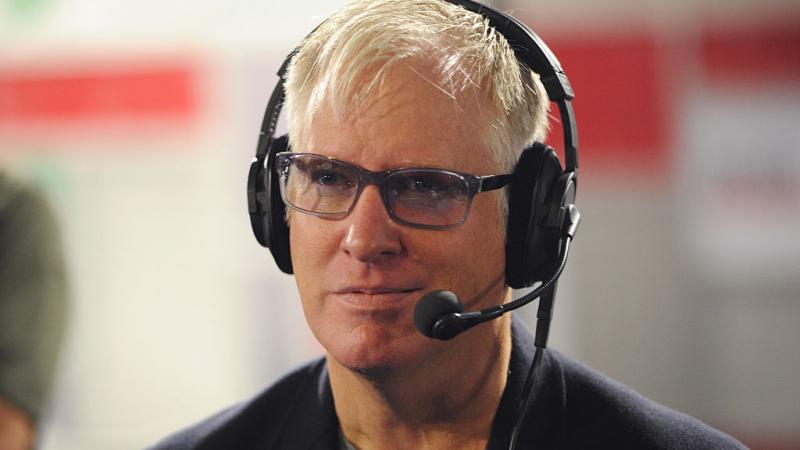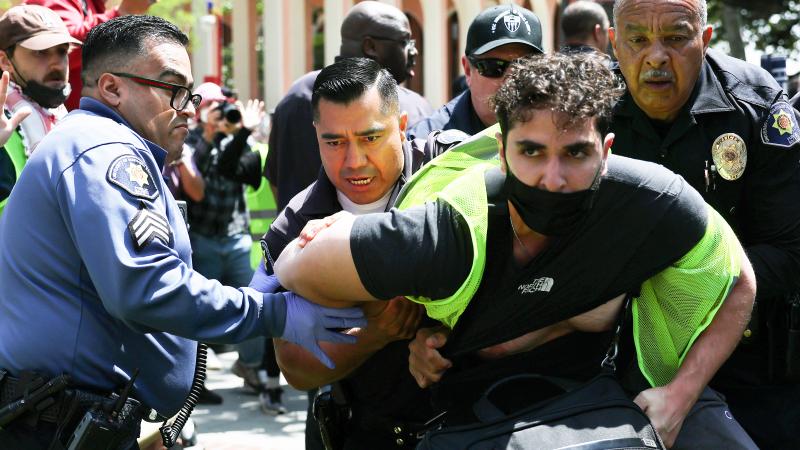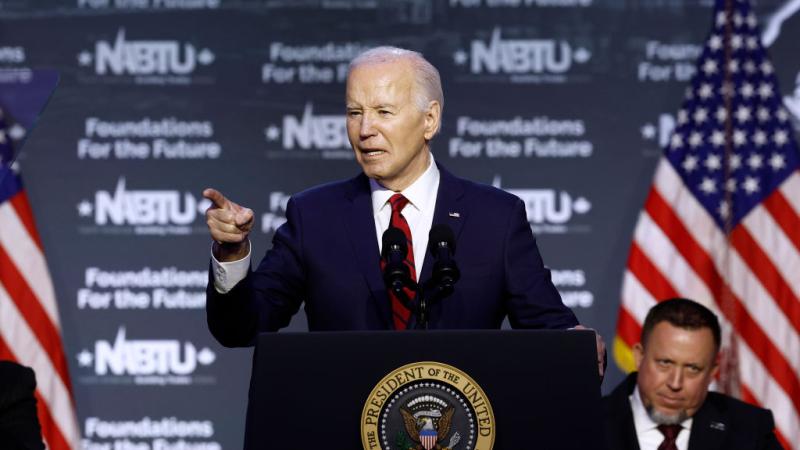Clinton campaign's 11th hour attorney privilege ploy likely to backfire in Durham case
Opposition research meant to be made public, plus previous waivers will negate tactic, experts say.
The top brass at Hillary Clinton's defunct presidential campaign made quite a splash last week, making an 11th hour request to block the release of evidence in Special Counsel John Durham's upcoming trial against attorney Michael Sussmann by arguing it is protected by attorney-client privilege.
But the sweeping requests for confidentiality — including research from former MI6 agent and opposition researcher Christopher Steele — face a high hurdle, experts told Just the News.
That's because the very subjects the Clinton campaign now seeks to protect — such as its now-discredited anti-Trump research — were widely distributed without regard to privilege for years.
The contents of the now-infamous Steele dossier, for instance, were shared with several news reporters, the FBI, and the State Department. Steele himself talked extensively about his 2016 conversations and dealings with the Clinton law firm, its research firm Fusion GPS and the FBI in a British court case
Sussmann shared much of a research project — which turned out to be untrue — alleging a secret communications channel at the Alfa Bank between Trump and the Kremlin.
And several of the Clinton campaign figures gave testimony to Congress that exposed who paid for the research falsely tying Trump to Russia, what was in it and why it was conducted.
In other words, each of those disclosures to third parties waived any attorney-client privilege claims at the very least. Many experts believe it to be preposterous to even try to suggest an opposition research dossier meant to be made public could ever qualify as attorney-client privileged materials.
"It is clear as a matter of law and legal ethics that legal research intended to be made public is not protected by attorney-client privilege," said Alan Dershowitz, the famed Harvard Law professor who was a supporter of Hillary Clinton in 2016 but dismisses her privilege claims now. "Even if it were, any privilege would be waived by testimony given about the research or the product."
Kash Patel, a former federal prosecutor who helped expose the Russia collusion hoax as chief investigative counsel for the House Intelligence Committee, said Durham has numerous options for piercing the belated privilege claims, including the argument it does not apply in a circumstance where lawyers were passing along false information.
"The attorney client privilege, from my former federal prosecutor days, is eviscerated if you share with a third party," Patel told the John Solomon Reports podcast. "But what John Durham is saying — he's coming in over the top and saying, 'No, no, you can't hide behind the privilege laws. This is an attempt to block information of an ongoing fraud. You cannot use the attorney client privilege. There's a crime fraud exception.'"
Rep. Andy Biggs (R-Ariz.), a member of the House Judiciary Committee, said the Clinton campaign's privilege claims were laughable given all the time the Russia collusion claims were shared with third parties, and they smacked of a delaying tactic.
"I think their attorneys missed that 15 minutes in ethics class, which tells you that you've waived the privilege when you start leaking it or even have somebody present while you're discussing it," Biggs told "Just the News, Not Noise" TV show. "That's not part of the attorney client relationship.
"I don't think it's going to be a winner. I think they're going to lose on that. And, you know, it's starting to unravel for them pretty quickly. And they just don't want the truth to come out."
According to Durham's team, Sussmann shared the Alfa Bank research with at least two third parties: the FBI in September 2016 and the CIA in February 2017.
Steele has admitted he shared his dossier contents with the FBI and members of the news media and the Alfa Bank allegations with at least the FBI and the Start Department.
Steele also testified extensively about his work for the Clinton campaign and its law firm Perkins Coie both during an interview with the Justice Department inspector general and during court proceedings in Britain, where he lost a case filed by two Russians maligned by his research.
In the British court case, Steele gave a painstaking account of his first meetings with Sussmann and his Perkins Coie law partner Marc Elias, revealing how he got information on Alfa Bank from them and even the odd way they communicated the first time they met in summer 2016.
"Mr. Elias was in an adjacent room the first time I visited Perkins Coie on 29 July, I believe, 2016," Steele recounted.
Steele said he didn't get to see Elias' face or get his business card until a subsequent meeting in September 2016. "It's 22 September the first time I physically met him in person," Steele explained.
You can read Steele's testimony here:

